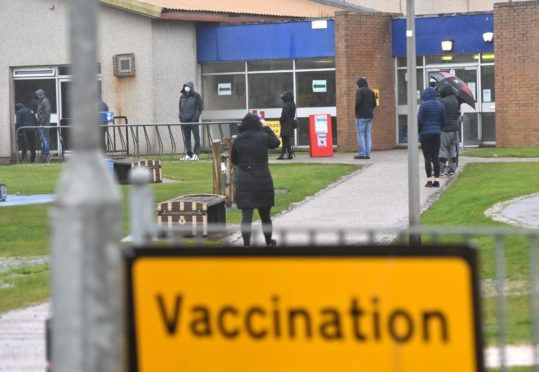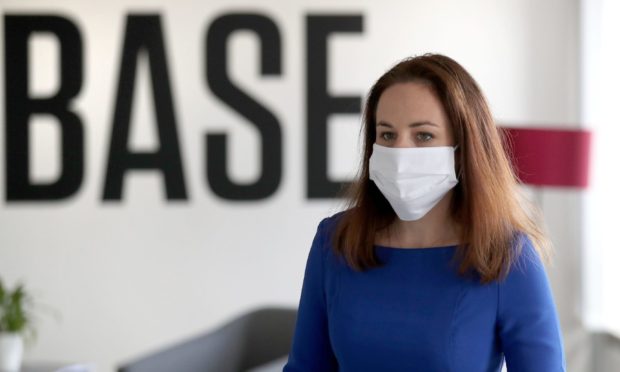The Scottish Government and the opposition are – predictably – at odds over a recent surge in coronavirus cases and whether or not lockdown restrictions should be eased, with the Scottish Conservatives critical of the Trace and Protect system.
The row comes as alarming new World Health Organisation figures show Scotland has some of the worst Covid hotspots in Europe.
Grampian, Tayside, Fife, Lothian, Greater Glasgow and Clyde, Lanarkshire, and Ayrshire and Arran all rank in the latest WHO statistics alongside the Russian capital Moscow with the highest 14-day case incidence per 100,000 population.
Speaking on BBC Scotland on Tuesday the leader of the Scottish Conservatives Douglas Ross placed the blame squarely on failings in the country’s Test and Protect efforts citing a sharp drop in the number of people being contacted by staff.
“What has happened here in Scotland in the last few weeks to see such a big reduction in the number of people being told to self-isolate and being contacted through Test and Protect. that’s a huge failing here in Scotland and we have to get on top of that” Moray MP and MSP Mr Ross said.
However the Scot Tory leader echoed the sentiments of Boris Johnson in England, saying there can’t be any more delays in easing restrictions north of the border, despite the recent rise in coronavirus cases.
“We do have to learn to live with it, people do die from a number of ailments all the time and we have to live with Covid-19.”
Meanwhile finance secretary Kate Forbes has defended the Test and Protect system saying it has “continued to evolve and continues to perform well.”
Addressing the issue of how many people are being contacted now, compared with the beginning of June, she said: “We are moving very much to using text messaging and other forms of contacting people for the lower risk index cases. We are using direct telephone calls for the most high risk cases.”
The Highlands MSP urged people to go and get vaccinated as quickly as possible so that when restrictions are lifted more people will continue to be safe.
“On the timetable itself we have said that all of Scotland will move to Level 0 on the 19th of July, so that includes the easing of physical distancing indoors and outdoors, and then we will move beyond Level 0 from the 9th of August”
“But we have also said that we expect some baseline measures for example face masks, some limitations on working from, and so on, will continue for a longer period of time.”
Ms Forbes says that “going beyond Level 0” means the government will aim to lift as many of the legal restrictions that have been brought into place to manage the public health risks of the pandemic as possible.
However she cautioned that Scotland was “at a quite fragile moment” of the pandemic, and although the link between infection and hospitalisation was weakening, the government wants to vaccination as many people as possible over the next three weeks to “get back to normal.”

